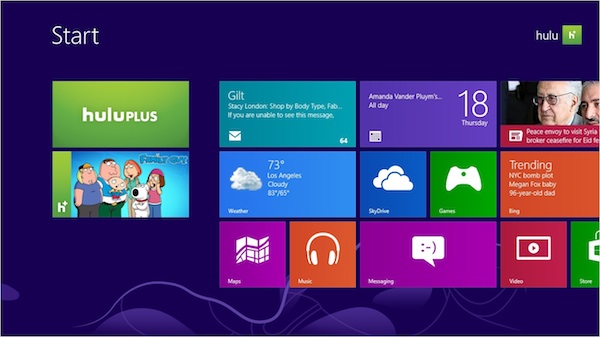
Hulu Plus comes to Windows 8
Analysts, bloggers and other pundits can't make enough predictions about Windows 8's future, whether or not the operating system launching later this week will be success, failure or something in-between. My advice: Ignore them all and look to developers. Their commitment counts, particularly when Windows goes through such major overhaul. My eyes are on those delivering services in the cloud.
Today Hulu joins a growing number of developers supporting Windows 8 and Modern UI -- what we've all come to know as Metro. Commitment from cloud service providers like Hulu is crucial to the new operating systems' consumer acceptance and is vital to the expansion into new device categories like convertibles and tablets. There is presumption among pontificating iPad idolaters that developer support for iOS is a brick wall Windows 8 and RT can't climb. Cow pies!
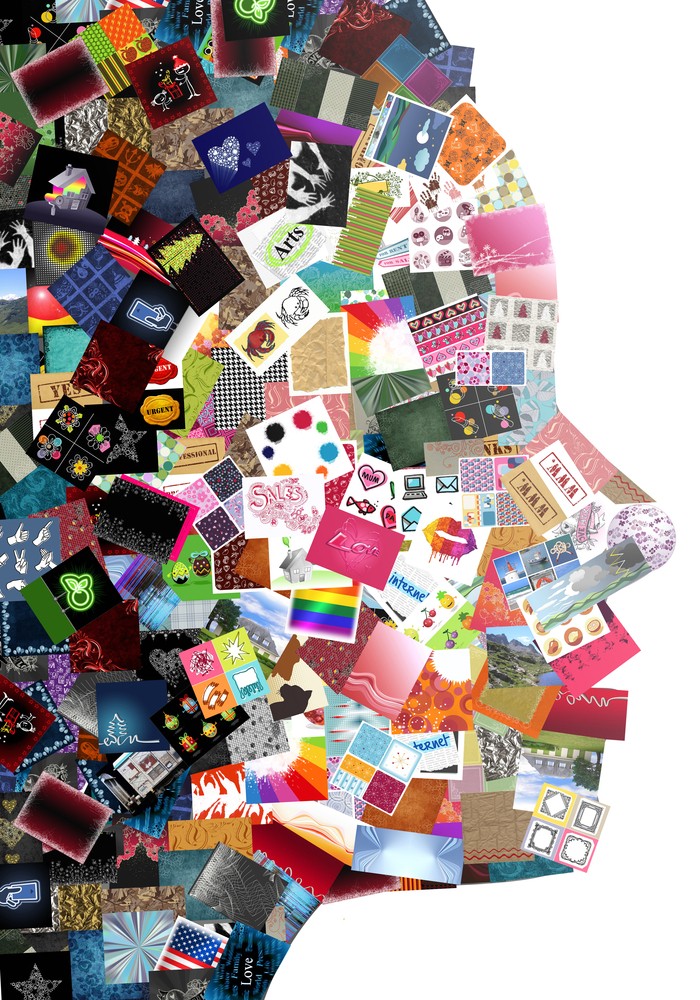
If simple, fun editing is all you need, try Toolwiz Pretty Photo
The best photo editors are generally quite complex tools, and learning how to use them properly can take considerable time and effort. Which is fine if you’re a professional photographer, say. But if you just want to play around with some photos you took last night, before you share them on Facebook, perhaps, you might prefer something simpler -- like the free Toolwiz Pretty Photo.
This really isn’t a serious photo editor, and the chances are you’ll realize this almost immediately. Open an image of any significant size (greater than around 2,000 pixels on an axis) Pretty Photo complains that it’s “too large” to be processed, and demands that you resize it.
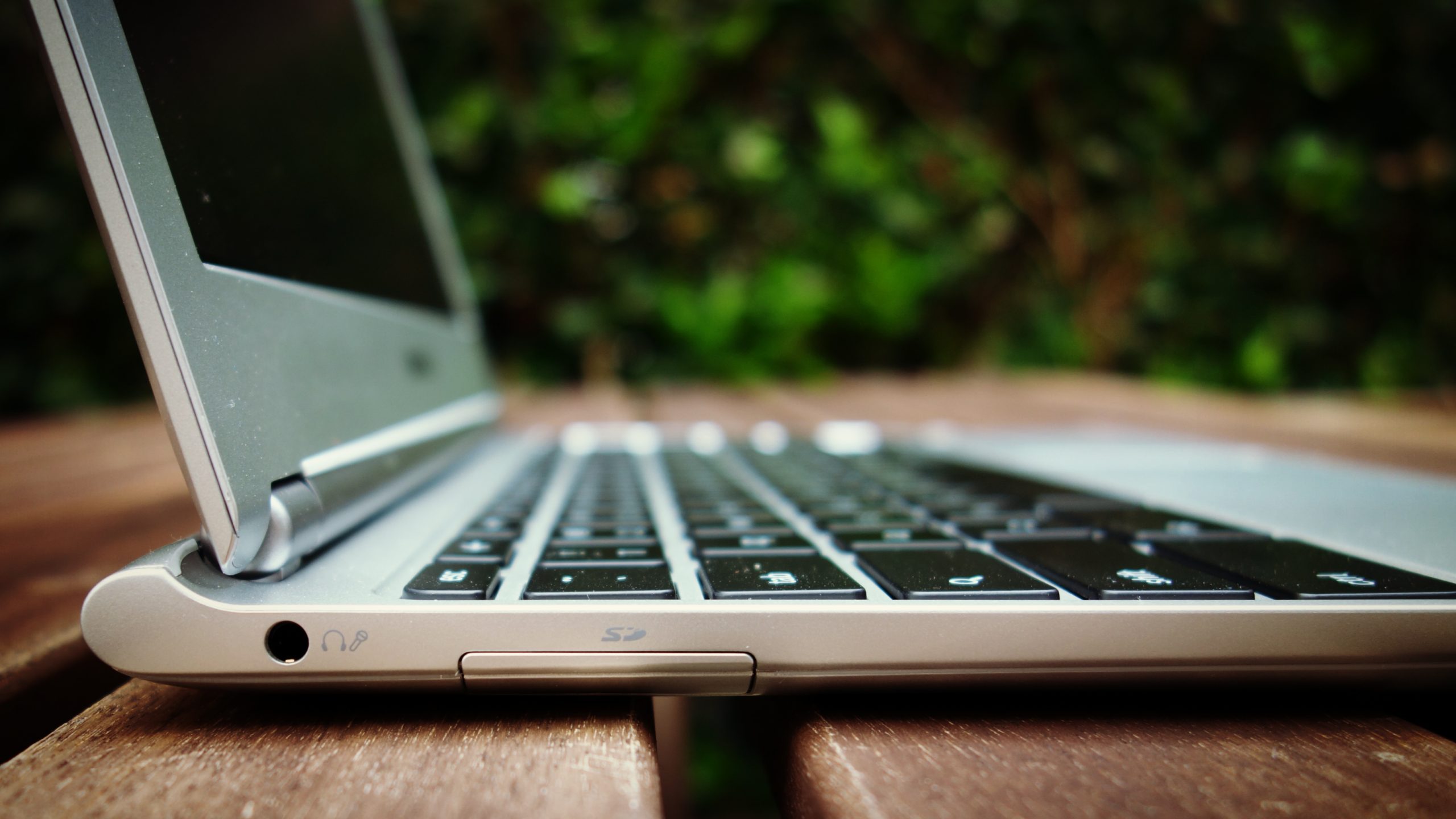
Chromebook is now available from Google Play
What's that saying? Something taken, something gained? Today Google Play started accepting orders for the $249 ARM Chromebook, a new item. Delivery estimate of 3-to-5 business days is typical of the shop. In my experience, buyers can expect delivery sooner. To be clear, Google isn't taking pre-orders, which started October 18 from other retailers. The computer is in stock and ready for purchase. The search and information giant only offers the WiFi version; you'll have to look elsewhere for the $329.99 3G model. BTW, the portable takes the spot long held by "coming soon" Nexus Q.
You'll read more about the new Chromebook here at BetaNews than you might like over the next week or so. That's because I see so much interest and discussion on Google+ and elsewhere on the InterWebs. Lots of people ask: "Should I buy?" For good reason. The new mobile is one hell of a value and represents a paradigm shift in laptops with keyboards -- what MacBook Air could have been had Apple chosen more affordable price and what netbooks should have been if not for Windows limitations (version licensed by Microsoft and low-powered processors).

Don't wait until October 29, pre-order Windows Phone 8 NOW!
In seven days, Microsoft launches Windows Phone 8 in San Francisco. But you need not wait that long. Some retailers are already taking pre-orders (and even postponing them). HTC Windows Phone 8X is available for $99.99 on AT&T, while Nokia Lumia 920 is $149.99. Best Buy offered both today, but the Lumia since disappeared, presumably sold out. It's available elsewhere, unlocked and contract-free, for considerably more.
The Nokia handset will be available in the United States exclusively from AT&T -- that is subsidized. Mobile City Online is among the retailers carrying the international version, there for $699.99. Note that international model is unlocked but has HSPA+ instead of LTE. T-Mobile and Verizon will also carry the HTC phone. None of the retailers I checked this afternoon list arrival times, which, based on earlier manufacturer product announcements, will be November.

'Chief Digital Officer' is the next hot executive title, says Gartner
For the last couple of years, there has been an increase in corporate executives being assigned to a post known as Chief Digital Officer. At the Gartner Symposium/iTxpo 2012 on Monday, market research company Gartner predicted that by 2015, as much as 25 percent of all organizations will have a Chief Digital Officer in their executive staff.
The first decade of the 2000's saw a dramatic rise in two technology-centric executive offices: the Chief Information Officer (CIO) and the Chief Technology Officer (CTO). Depending upon the environment in which they work, these executives do different things. Generally speaking, however, a CIO is the head honcho of information systems and IT, and a CTO is an individual chosen to bring broader technological vision, direction and management to a company or government, sometimes outside of the realm of what could be considered IT.
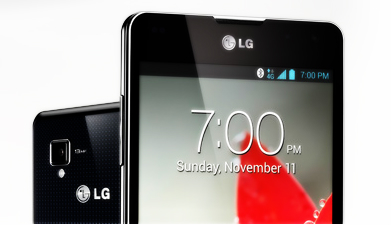
LG Optimus G for Sprint rooted ahead of release
Almost a week ago Sprint announced that it will carry the LG Optimus G for $199 starting in November, and ahead of its release a developer already posted a method to gain elevated rights (also known as "root" among modders) for the quad-core powerhouse coming Sprint's way.
According to the developer rooting the Optimus G for Sprint is done in the same way as for the South Korean version, and only requires to install the LG Android drivers and download the necessary file that performs the process itself. Gaining elevated rights is fairly simple judging by the involved steps that need to be performed, but using this method users will receive a number of prompts in Vietnamese that have to be accepted in order for the process to complete.
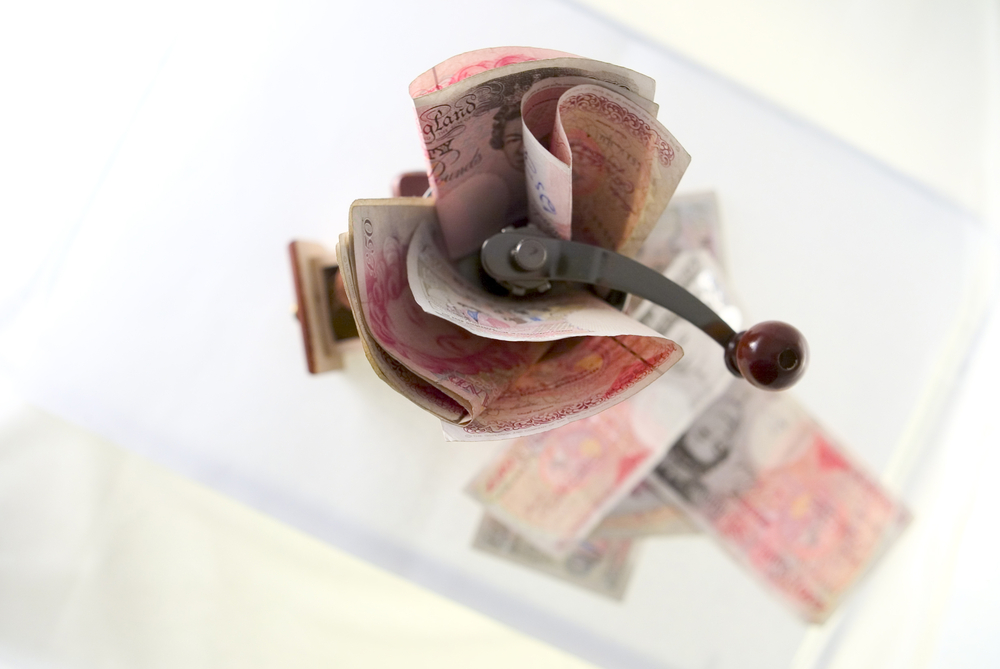
Tech companies pay next to no tax in United Kingdom
Despite making huge sums of money in the United Kingdom, many of the major tech companies based there pay surprisingly little tax. Exactly how little has only just started to come to light, thanks to investigations by several national newspapers.
The latest company to be exposed for paying a pittance in UK tax is eBay which, according to the Sunday Times newspaper, paid just £1.2m in 2010, despite its UK subsidiaries generating sales of close to £800m, and making an estimated profit of £181m.
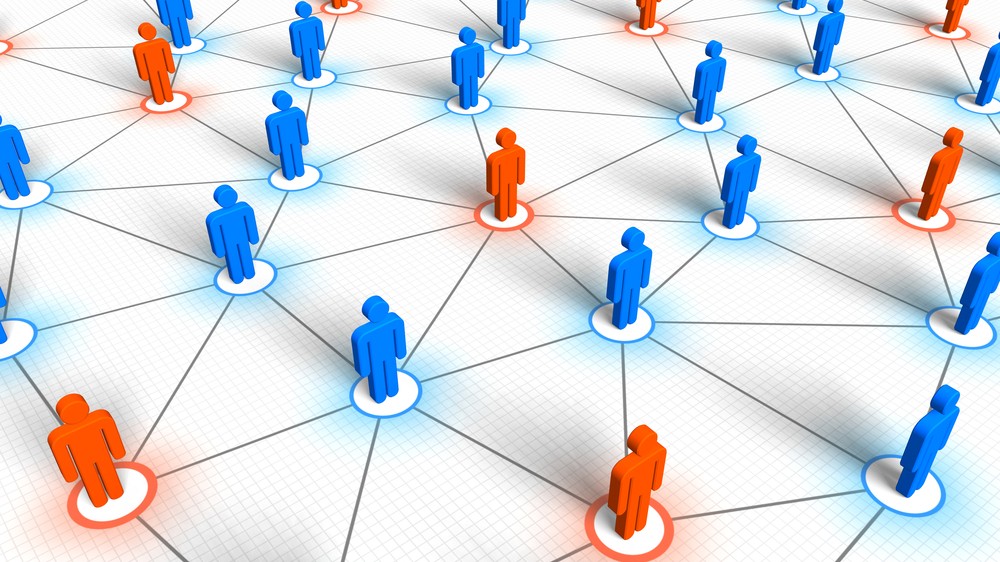
Highlight app and the 'it's too radical to be normal' problem
Great ideas usually take time to germinate into a model that is truly feasible. People are notoriously slow in grasping new paradigms, preferring to flirt with a comfortable present that is more often than not, entirely worthy and sufficient. This consumer mindset is an issue that faces aspiring and radical technology entrepreneurs, it is not sufficient to simply have the chops to think and execute the new ideas, but the right timing is nearly as crucial. To possess the patience and sense to release a radical idea into the wild only when the market is ripe is a factor that can determine make or break.
People discovery is a concept that has floated around the mobile app industry for quite some time. Apps like Badoo, which was founded in 2006 by a Russian entrepreneur and currently has a user base upwards of 150 million, operates around a fundamentally location-based model, by allowing users to see and interact with like-minded people around their specific region. Scores of other location-based apps, such as Banjo and Sonar, have managed to find relative success in their respective niches as location tag aggregators over various social networks and as friend-finding systems.

Inrix Traffic for Android update helps you find cheap gas
Realtime automobile traffic data service Inrix on Monday released a major update to its freemium Inrix traffic app for Android. Now in its second year on the Android platform, Inrix has improved aspects both premium and free within the application.
Inrix Traffic utilizes live traffic data and scheduled event data to calculate the fastest routes immediately at the time of travel, or at some point in the future rather than strictly using distance calculations like Google Maps. Inrix incorporates school traffic, event traffic, and live traffic to generate trip lengths and live ETAs. This update adds recommended departure and travel times, personalized traffic alerts, and the ability to send out automatically-generated ETA texts and emails to contacts.
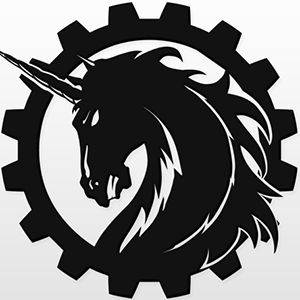
AOKP Jelly Bean Build 5 now available, download using Kangerator
Three weeks have passed since the Android Open Kang Project team released a new build, and after a long wait AOKP Jelly Bean Build 5 is now available, bringing along the latest version of Android with it. Also released is a new app named Kangerator for following and downloading new AOKP releases.
The latest build is based on Android 4.1.2 Jelly Bean, build number JZO54K and apart from introducing support for the AT&T variants of the Samsung Galaxy S III (d2att) and Galaxy Note (quincyatt) and removing support for the HTC One XL/X (evita), it also brings a number of features from the Android 4.0 Ice Cream Sandwich builds, such as NavBar widgets.
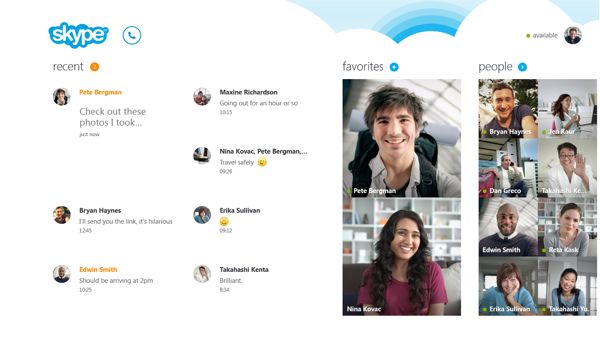
Skype for Windows 8 launches October 26 and stays on during standby
Microsoft's voice, video, and text chatting service Skype has revealed that the new Windows 8 version of Skype will be available on Windows 8 day one, October 26. The entire application has been crafted to follow the Windows 8 design ethic, with big touchable icons, a new dialer screen, a live tile on the homescreen that shows incoming messages and missed calls, and integration with the Windows 8 People app.
Prior to Skype's announcement today, there were plenty of hints that Skype would be getting a major Windows 8 upgrade, with mentions of "dual microphones tuned for Skype" and "hands-free Skype video chat" on Surface hardware pages, among others.
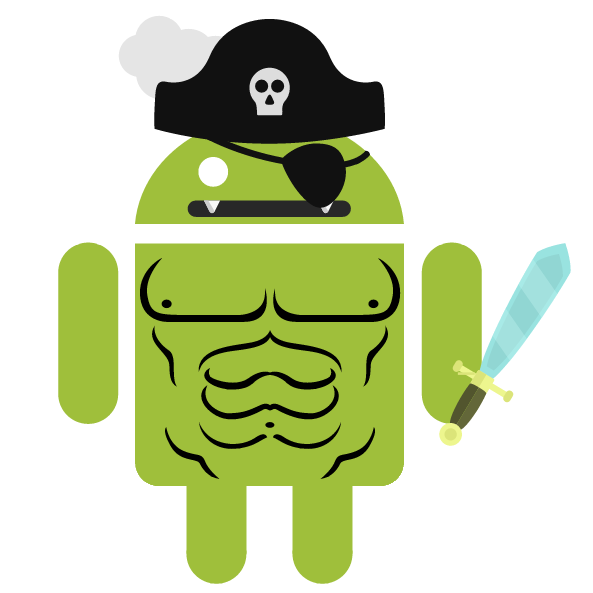
'Support My Moto' rises against Motorola
Here at BetaNews, we expected that Motorola Mobility would embody a new attitude about Android updates following Google's acquisition -- fast upgrades for Android smartphones and more developer-friendly approach, similar to the Nexus lineup. That hasn't come to pass. A number of developers are rising with the "Support My Moto" campaign, designed to grab the Google subsidiary's attention and eventually make the company deliver on its promises.
"Support My Moto" campaign claims Motorola promised Android updates, but never delivered. Among the devices: Droid X2, Atrix 4G, Photon 4G, XT882 and MT8720 that are currently left running Android 2.3 Gingerbread. Not too long ago, Motorola promised a $100 credit for smartphones that will not receive the Android 4.1 Jelly Bean update, and according to the XDA Developers user that started the campaign the company is still figuring out how the program will be implemented for non-Verizon users. But according to the supporters of the campaign, these are not the only problems that they are trying to get resolved.

Need smaller JPEGs without giving up quality? Try jStrip
If you want to cut the size of your JPEG images then reducing their image quality setting (usually accessible in the Save dialog or your program settings) will usually deliver spectacular results, but it’s not the only option.
Just about every JPEG also contains additional information, beyond the core image data itself, which further increases its size. And so if you’re in a situation where every byte counts, as with JPEG web graphics, say, then it may be worth using jStrip to remove these unwanted extras for you.
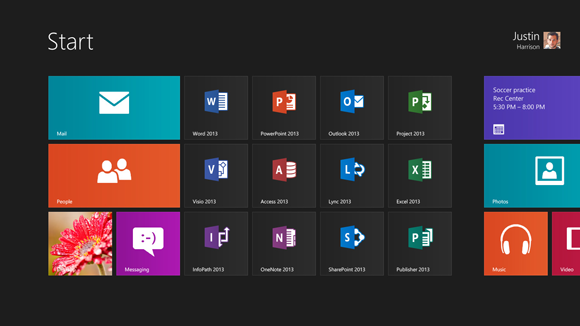
Claim your free Office 2013 copy after buying 2010
When Microsoft released the Office 2013 gold code, the Redmond, Wash.-based corporation also announced that starting October 19 customers that purchase the currently available version of its office productivity suite will receive a "free upon availability" copy of the new version, and Microsoft has held up its end of the bargain.
What does it entail? It's a fairly straightforward process, as after purchasing and activating a qualifying Office 2010 version the customer can sign up for an email reminder to get notified of the time to redeem the offer and, after Microsoft makes Office 2013 available, the latest version will be ready for download. For a number of Office 2010 variants, the Redmond, Wash.-based corporation has also announced that customers will be able to get a three-month trial of Office 365 bundled together with the corresponding free version of Office 2013.
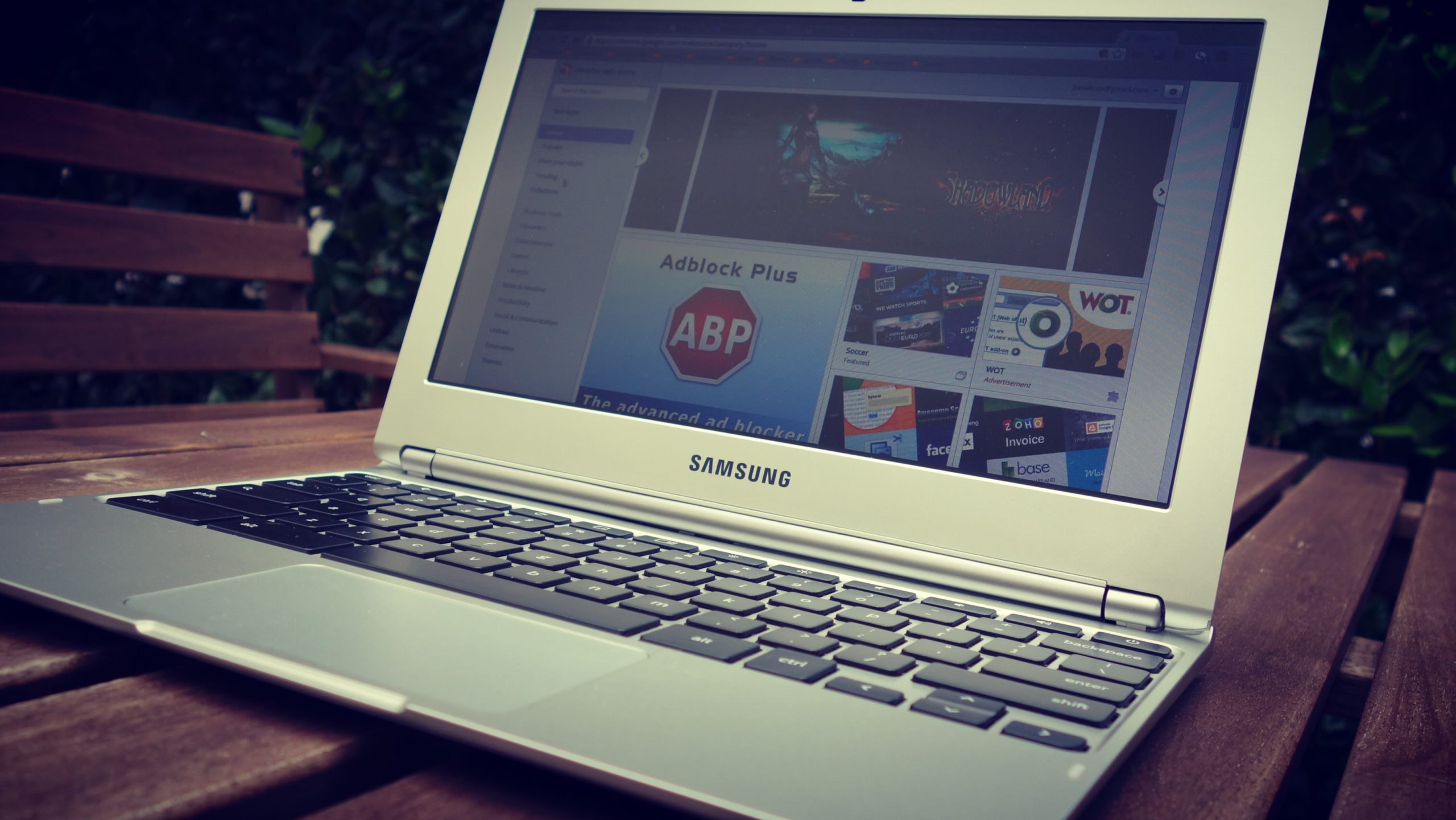
Google's $249 ARM Chromebook isn't 'for everyone', but could be for you [first-impressions review]
This week, Google will demonstrate real commitment to Chromebook, by bringing to market a lower-cost model with refined Chrome OS and package primed for mass-market buyers. Until retailers started taking preorders on October 18, the current generation Chromebook, Samsung Series 5 550, sold for $449 and its predecessor for $329. The newest model's $249 price is devastatingly appealing -- all but irresistible. It's almost a no-brainer "yes", particularly for most anyone wanting Apple MacBook Air's svelte size and empowering ergonomics without the hefty price tag.
But there's more here tempting than selling price. Chrome OS has reached near mass-market usability, supported by cloud apps and services that will be good enough for most people. Google even provides Chrome Remote Desktop (beta) for accessing other computers. That's right, you can connect to Macs or Windows PCs, run applications and get to data. While PC marketers and geeks focus on faster and bigger, real world performance is more measure of what you need than what they offer. The new Chromebook needs to pass the "good enough" test, and does so in many ways.



